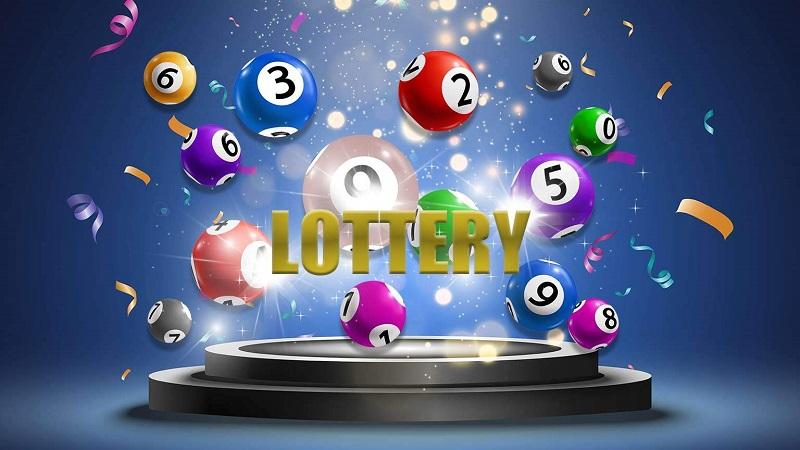In the digital age, where convenience and technology are paramount, the lottery has undergone a significant transformation. Enter the togel online—an evolution that not only reflects the growing reliance on digital solutions but also reshapes how people engage with games of chance. From traditional paper tickets to digital plays, the online lottery has opened new avenues for participation and raised intriguing questions about the future of gambling.
The Rise of Online Lottery
The concept of the lottery is ancient, with roots tracing back to Roman times and medieval Europe. Traditionally, participants would buy physical tickets, often from authorized retailers, and wait for the draw results to see if luck was on their side. However, with the advent of the internet in the late 20th century, this traditional model began to shift.
The first significant step towards online lotteries came in the 1990s, with many countries starting to explore the potential of digital platforms. By the early 2000s, several national lotteries had introduced online ticket sales, making it possible for players to participate from the comfort of their homes. This shift was driven by the desire to increase accessibility and convenience, attracting a broader audience.
How Online Lotteries Work
Online lotteries operate on a digital platform, allowing users to purchase tickets, check results, and claim prizes via websites or mobile apps. The process is remarkably straightforward:
- Registration and Account Setup: Players create an account on a lottery website or app, providing necessary personal information and verifying their identity.
- Ticket Purchase: Users select their numbers or opt for a quick pick option, paying for tickets using various digital payment methods.
- Draw and Results: Lottery draws are conducted electronically, and results are posted on the platform. Some lotteries offer live streaming of the draw for added transparency.
- Prize Claims: Winnings are typically credited directly to the user’s account, though large prizes might require additional steps or in-person claims.
Advantages of Online Lottery
- Accessibility: One of the most significant benefits is accessibility. Players from remote areas or those with mobility issues can easily participate without the need to travel to physical retail locations.
- Convenience: The ability to purchase tickets and check results at any time simplifies the process and integrates seamlessly with busy lifestyles.
- Variety: Online platforms often offer a wider range of lotteries, including international options that wouldn’t be available through traditional channels.
- Security: Reputable online lottery platforms use advanced encryption and security measures to protect users’ information and transactions, reducing the risk of fraud.
Challenges and Considerations
Despite its advantages, the online lottery also presents several challenges:
- Regulation and Legitimacy: The global nature of the internet means that not all online lottery platforms are regulated or trustworthy. Players must be cautious and choose licensed and reputable services to avoid scams.
- Addiction Risks: The ease of access to online lotteries can exacerbate gambling addiction issues. It’s crucial for players to gamble responsibly and for operators to implement measures to promote safe play.
- Legal Variations: Laws governing online lotteries vary significantly by country and even by region within countries. Participants must ensure they are compliant with local regulations to avoid legal issues.
- Technical Issues: Reliance on digital platforms means that technical problems, such as website outages or payment processing errors, can impact the experience and potentially lead to disputes.
The Future of Online Lottery
The online lottery sector continues to evolve, with trends indicating further innovation and integration of emerging technologies. Virtual and augmented reality could transform the lottery experience, providing immersive and interactive environments. Blockchain technology promises enhanced transparency and security, potentially revolutionizing how lotteries are conducted and managed.
